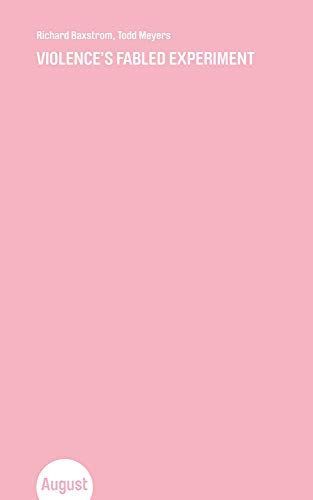
Violence's Fabled Experiment
Baxstrom and Meyers examine how violence and an unmarked, stubbornly persistent conception of 'nature' weave into the fabric of the human in the recent work of three important filmmakers. For Werner Herzog, the salience of prehistory links new cinematic formulations to a long Western tradition of metaphysics, marking man's break with nature, his fall into consciousness and history, and his impossible effort to grasp the violence of his descent. In Joshua Oppenheimer's The Act of Killing and The Look of Silence, the display of seemingly 'unrepresentable' violence rendered through reenactments of killings performed by the original perpetrators against Indonesian 'communists' in 1965-66 operates according to logics of trauma and shame, advancing a troubling ontotheology that seeks to neutralize politics and ethics in favor of a vague, curative transcendence. And finally, the films of Lucien Castaing-Taylor offer a picture of nature as a radically open, colossally empty present--nature not as a domain of redemption or restoration for us, but something that overwhelms us, evades us, and crushes us in its path.